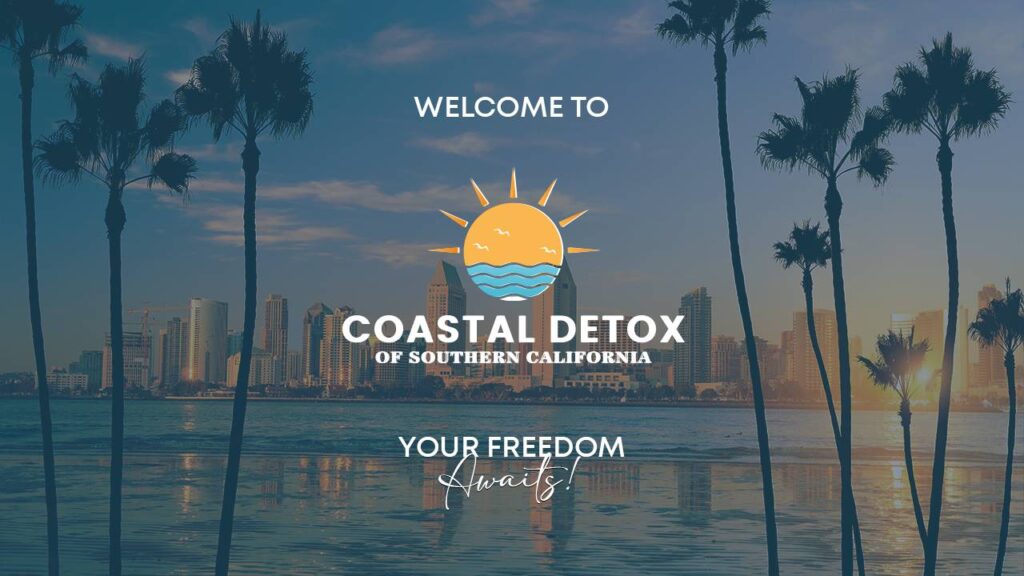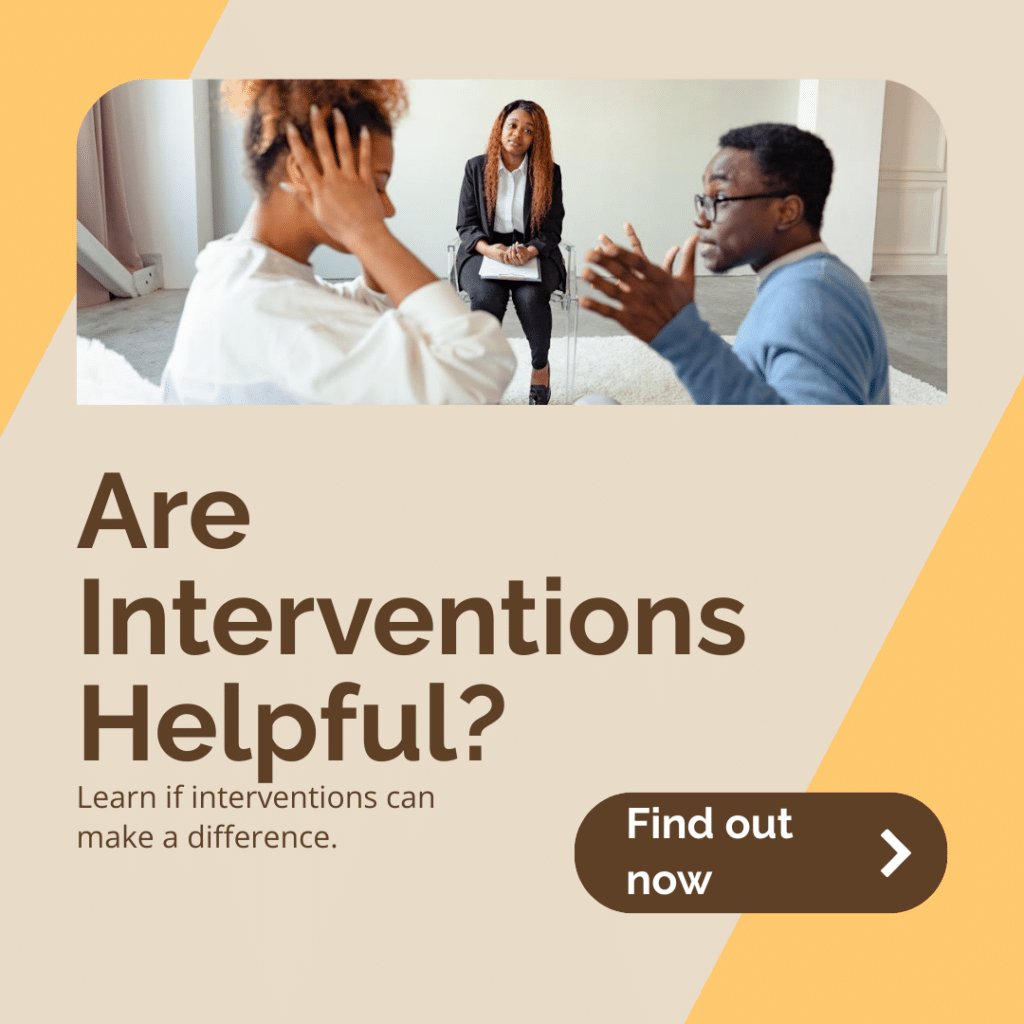Helping a loved one struggling with addiction is a challenging and emotional journey. Families often turn to interventions when direct conversations and encouragement fail to inspire change. These carefully planned gatherings aim to motivate individuals to seek treatment for their addiction. But are interventions truly effective? Here, we’ll explore the purpose, benefits, risks, and best practices of interventions to help you determine if they are the right approach for your loved one.
What Is an Intervention?
An intervention is a structured meeting where family and friends come together to express their concerns about a loved one’s addiction and encourage them to seek treatment. These events are typically led by an intervention specialist or professional interventionist who guides the group through the process.
The intervention process involves outlining specific ways addiction has affected loved ones, offering a clear treatment program, and setting boundaries if the individual refuses help. Having a professional involved can help maintain focus and reduce emotional tension during this critical event.
Do Interventions Work?
Interventions often serve as the turning point for individuals resistant to seeking help. Research and anecdotal evidence suggest that interventions work best when they are well-planned and backed by a supportive network. By presenting clear treatment options, such as a drug detox or addiction treatment program, families can help their loved one take the first step toward recovery.
However, it’s important to manage expectations. Not every intervention leads to immediate acceptance of help, and the success of the treatment ultimately depends on the individual’s willingness to embrace change.
Risks and Challenges of Interventions
While interventions can inspire change, they also come with risks, including potential strain on relationships. For example, if the intervention team is not united or the approach becomes confrontational, the individual may react negatively. Emotional preparation and strong leadership by an intervention specialist are critical to reducing these risks.
Additionally, families must be ready to enforce consequences if the individual refuses help. Failing to follow through can undermine the intervention’s credibility and impact.
Key Elements of a Successful Intervention
A well-executed intervention involves careful planning and compassionate communication. Here are the key steps for a successful intervention:
- Preparation and Timing: Schedule the intervention at a time when the individual is likely to be sober and calm.
- Impact Statements: Loved ones should prepare honest, specific examples of how the addiction has affected their lives.
- Treatment Program Options: Research and have a treatment program ready that aligns with the individual’s needs. For example, a program that addresses substance use disorder or offers specialized care for co-occurring conditions.
- Boundaries and Consequences: Define clear boundaries if the individual refuses treatment. This step helps avoid enabling behaviors while reinforcing the seriousness of the situation.
- Rehearsal: Practicing the intervention beforehand ensures that everyone stays focused and calm.
- Professional Guidance: A professional interventionist can provide invaluable support during this process, particularly in complex cases involving substance abuse or co-occurring mental health issues.
Professional Guidance in Interventions
When dealing with addiction treatment, involving a professional can significantly improve the chances of success. Professional interventionists bring expertise and objectivity, helping families navigate the emotional challenges of the intervention process.
They can also assist with choosing an appropriate treatment program and ensuring logistical details, such as insurance coverage, are handled. For families unsure where to start, consulting an intervention specialist is often the best first step.
Different Types of Interventions
Not all interventions follow the same structure. Common approaches include:
- Johnson Intervention: A confrontational yet compassionate approach focused on urging the individual to enter treatment immediately.
- Family Systemic Intervention: Addresses not only the individual’s addiction but also the broader family dynamics contributing to or affected by the addiction.
- Brief Intervention: A one-on-one meeting often conducted by a healthcare professional in a clinical setting, such as after an overdose or during a routine checkup.
Tailoring the approach to the individual’s needs and circumstances is key to an effective intervention.
When Are Interventions Not the Best Option?
Interventions are not always appropriate. For individuals open to treatment, a private conversation or gradual encouragement may be more effective. Similarly, if loved ones are not prepared to uphold boundaries, an intervention may inadvertently enable further addictive behaviors.
In cases where the individual’s addiction is accompanied by complex mental health challenges or severe substance use disorder, a professional intervention can help navigate these sensitive situations more effectively.
The Emotional Impact of Interventions on Families
The intervention process can be emotionally draining for families and friends. To manage these challenges, families are encouraged to seek support through cognitive behavioral therapy, group therapy, or support groups like Al-Anon. These resources provide a safe space to process emotions and learn strategies for maintaining boundaries.
Final Verdict: Are Interventions Helpful?
Interventions can be a powerful tool for motivating individuals to seek treatment, especially when other methods have failed. While they are not a guaranteed solution, they often serve as a catalyst for positive change.
For families grappling with the complexities of substance abuse, consulting with a professional interventionist and preparing thoroughly can make a significant difference in the outcome. By focusing on love, support, and clear next steps, interventions can help individuals take their first step toward recovery.
Resources for Planning an Intervention
If you’re considering an intervention, these resources can help:
- Association of Intervention Specialists: Find certified professionals in your area.
- American Addiction Centers and Recovery Village: Explore treatment options and connect with experienced interventionists.
- Treatment Programs: Research programs tailored to address addiction treatment, substance use disorder, and co-occurring conditions.
Interventions are not a one-size-fits-all solution but can be highly effective when approached with care and preparation. Whether through the guidance of an intervention specialist or by assembling a supportive intervention team, families have the power to create a moment of hope and change. With the right tools, resources, and mindset, recovery is within reach for your loved one.









